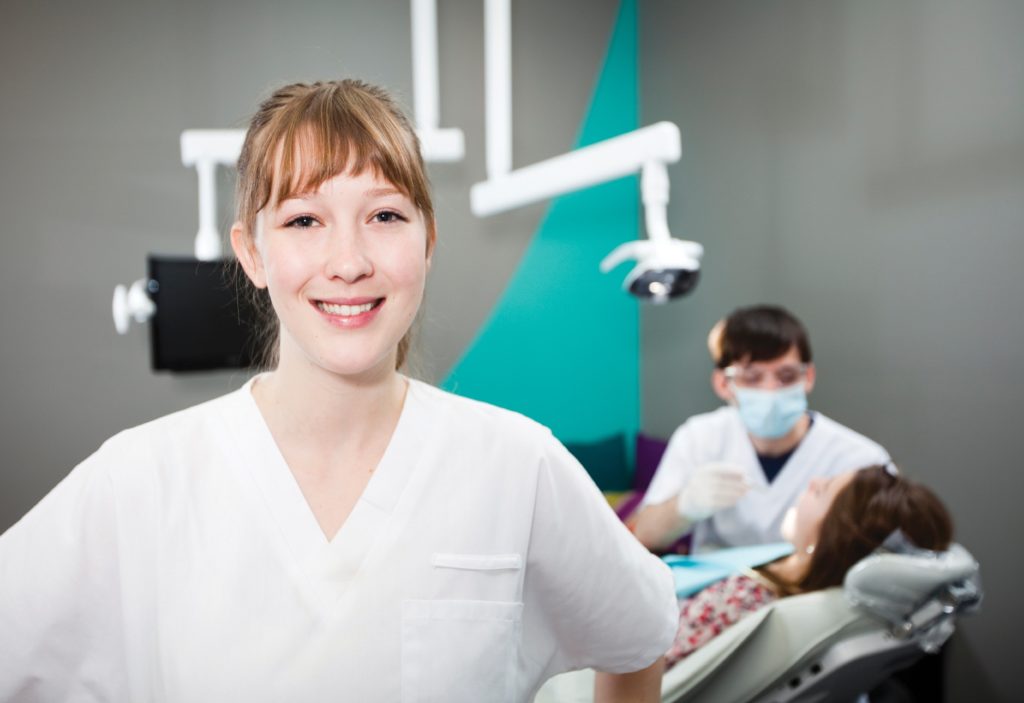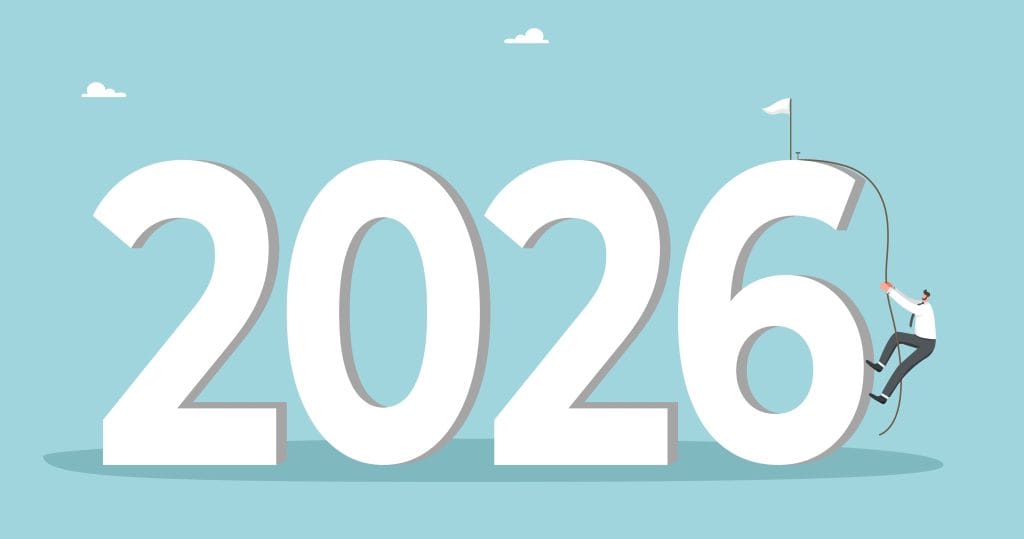Last updated on November 20th, 2025 at 01:17 am
Last updated on November 4th, 2025 at 09:25 pm
 In the practice of dentistry, one of the more annoying things that can happen on any given day is the missed appointment. And while a cancellation is slightly better than a no-show (at least they called, right?), it’s still lost production—a hole in the schedule—and if it happens often enough, a hole in everyone’s morale. Too much of this over a period of time can make it no fun to go to work!
In the practice of dentistry, one of the more annoying things that can happen on any given day is the missed appointment. And while a cancellation is slightly better than a no-show (at least they called, right?), it’s still lost production—a hole in the schedule—and if it happens often enough, a hole in everyone’s morale. Too much of this over a period of time can make it no fun to go to work!
And by no means is this a small problem. Entire industries have sprung up in the past ten years to manage your schedule and confirmations, etc., i.e. sending patients automatic text messages and email reminders. I’ve met doctors who have hired and designated a staff member to do nothing but confirm appointments! Hygienists and assistants are asked to confirm patients during down time. All of this attention, energy and resources to get someone to show up for an appointment that will help them keep their teeth for the rest of their lives.
(Related: 5 Ways to Reduce Hygiene Cancellations and No-Shows)
And it gets worse…
While many I’ve spoken with see a degree of improvement with various services, software(s) and confirmation call, emails, texts, and so on—THEY STILL HAVE CANCELLATIONS AND NO-SHOWS. If I were to estimate, at least half of the doctors I speak with who employ one or more of these solutions are STILL looking for improvement in this area!

So, What’s the Actual Problem?
First off, I do believe in confirmation calls or reminders. But, let’s look at something:
(Related: 3 Ways to Boost Case Acceptance)
If a patient forgets about an appointment time or needs reminding, then the confirmation call, text or email really (most likely) will prevent a cancellation or no-show.
BUT what percentage of cancellations and no-shows actually fall into this category (forgetfulness)? Not much.
In my experience, the largest percentage of patients who cancel or no-show have one thing in common: THEY ARE NOT “SOLD” ON THEIR TREATMENT!
(Related: How Your Hygienist Can Help Increase Case Acceptance)
What I’ve observed (and experienced) that supports this idea is that PATIENTS WHO PREPAY FOR THEIR TREATMENT PLANS ARE USUALLY THE LEAST APT TO CANCEL OR NO SHOW!
It was for lack of a better term, life-changing when my patients began to pay to reserve their time in my book; THEY SHOWED UP!!! Paying in advance improved their memory, had their car start in the winter and their kids didn’t get tummy aches! It became crystal clear that scheduling a patient, confirming them and crossing my fingers in hopes that they showed up could all be replaced with the simple administrative action of having the customer pay for the product before receiving it. Kind of like Starbucks, season tickets for a football team, or getting a seat on an airplane!
(Related: 7 Steps to Comprehensive Case Acceptance, Part I)
If Starbucks didn’t ask customers to pay before they get their drinks, they would be forced to hire a security guard to stand at the door to prevent people from grabbing the drink and running out without paying. More payroll, less profit. All because they didn’t ask people to pay.
I’ve heard arguments against this idea in dentistry: “It’s unprofessional,” “It will damage your reputation,” “It’s just not done in dentistry,” “It’s not fair to compare dentistry to a real business.” I’ve heard it all. And I’ve tried it all. And what works best is to treat the patients with professionalism and ask them to pay for their products and services just like any other vendor they use.
It would be wonderful if we all practiced in a dental utopia where everyone showed up on time and insurance didn’t “lose” claim forms or ask for X-rays. Unfortunately, we practice in the real world. Patients have their own day-to-day challenges. We need to help them get the health care they need while running a business that expands, hires more people and provides quality care that will extend their lives. It’s a very satisfying profession; but it can become very frustrating if sound business principles aren’t known and followed.
(Related: Improving Staff Initiative in the Dental Office)
What About Hygiene Appointments?
Does this mean that I had patients pre-pay for the next hygiene visit? Nope. Personally, I think that sounds kind of weird. I know that’s how I would feel if someone asked me to do that.
So I tried something else. I would frequently look the patient in the eye and say,
“I’m unwilling to do this crown if you aren’t going to come back every six months and let me check to make sure that everything is OK with it.”
Or how about this on a large case that needs perio therapy prior to restoring the teeth:
(Related: 5 Hygiene Department Myths)

“We are going to help you get your gums in shape over the next four visits. Then after I restore the teeth I’m going to need to see you every three months to stay on top of the gum disease. I need that agreement from you before I’m willing to proceed.”
This lets the patient know that you aren’t joking about coming back regularly for maintenance and checkups. If the doctor thinks it’s that important then the patient will too. Pretty simple.
The key to all of this is having the skill of talking to the patients and helping them understand the importance of maintaining their oral health while holding your position as a doctor. This is a very fine line to walk and if not done properly can actually backfire on you. Unfortunately we aren’t taught how to do this in dental school.
(Related: 9 Ways to Fill That Last Minute Hygiene Opening)
My advice is to come to MGE and do the MGE Sales and Communication Seminars. We can teach you how to confidently talk to patients and gain their agreement to comprehensive care. It’s a win-win for you and your patients and you won’t believe how satisfying the practice of dentistry can be when patients are doing what the doctor says; not just doing what the insurance allows.


No Comments
Be the first to start a conversation